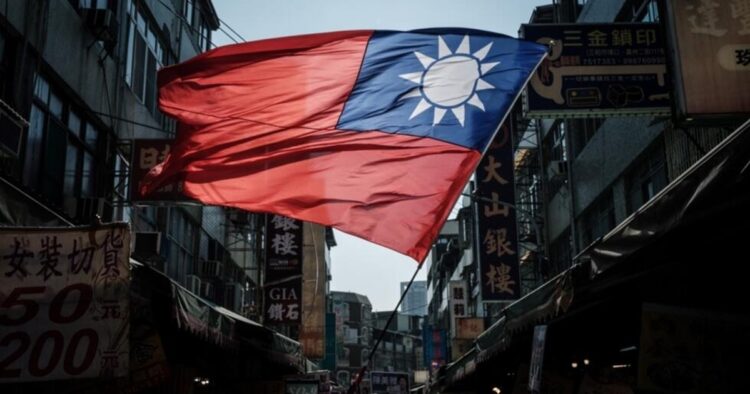In a crucial presidential election, millions of Taiwanese exercised their voting rights amidst heightened tensions with China. China had warned that choosing the wrong leader could lead to war, slamming frontrunner Lai Ching-te as a dangerous “separatist.” The self-ruled island faces continuous threats from Beijing, which claims Taiwan as its own and has not ruled out using force for “unification.”
Voting took place at nearly 18,000 polling stations, with almost 20 million eligible voters. Turnout was expected to be closely watched, with analysts predicting a potential decrease compared to the previous election. Results were anticipated Saturday evening, and the outcome holds significance for both Beijing and Washington, Taiwan’s main military partner.
Candidates and Key Issues
The presidential race featured Lai Ching-te from the Democratic Progressive Party (DPP) and Hou Yu-ih from the opposition Kuomintang (KMT). Lai emphasized defending Taiwan’s democratic way of life, while Hou favored warmer ties with China and accused the DPP of antagonizing Beijing by asserting Taiwan’s “already independent” stance. The Taiwan People’s Party (TPP), led by Ko Wen-je, emerged as a populist alternative offering a “third way.”
Efforts by the KMT and TPP to form an alliance against the DPP fell apart, leading to public acrimony over leadership disputes. Final rallies were held by all three parties, drawing crowds of hundreds of thousands. In addition to the presidency, voters also elected lawmakers to Taiwan’s 113-seat legislature.
Economic Significance and Military Pressure
Taiwan, a key maritime gateway, hosts a powerful semiconductor industry crucial to the global economy. China has increased military pressure on Taiwan in recent years, causing concerns about a potential invasion. Fresh bellicose rhetoric from Beijing on election eve promised to “crush” any effort promoting Taiwan’s independence.
China’s military activities include daily probes by warplanes and naval ships and large-scale war games simulating a blockade of Taiwan. A blockade of the Taiwan Strait, a vital maritime route, could impact the transport of 50% of the world’s containers, costing the global economy at least $2 trillion, according to analysts. Chinese President Xi Jinping has reiterated that the “unification” of Taiwan with China is “inevitable.”
Critics of the DPP blame President Tsai Ing-wen for provoking China by insisting on Taiwan’s “already independent” status, a stance considered a red line by Beijing. The election’s outcome is anticipated to shape the future dynamics between Taiwan and China, with broader implications for the region’s geopolitical landscape.

















Comments